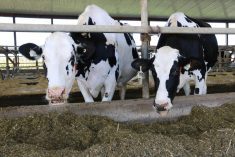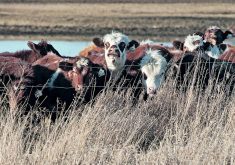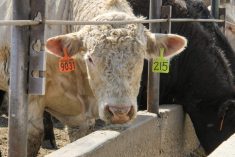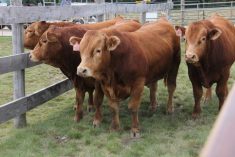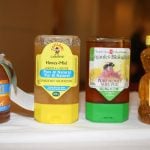Several new members of the U.S. House of Representatives who’ve pressed for stronger language on labour and environmental standards in the revised North American free trade deal now also want it to include country-of-origin labeling (COOL) on meat.
A letter to U.S. Trade Representative Robert Lighthizer, dated Tuesday and signed by 27 freshman House Democrats, “reaffirm(s) our interest in working with you to improve the revised NAFTA deal” to which the U.S., Canada and Mexico agreed in November.
Read Also
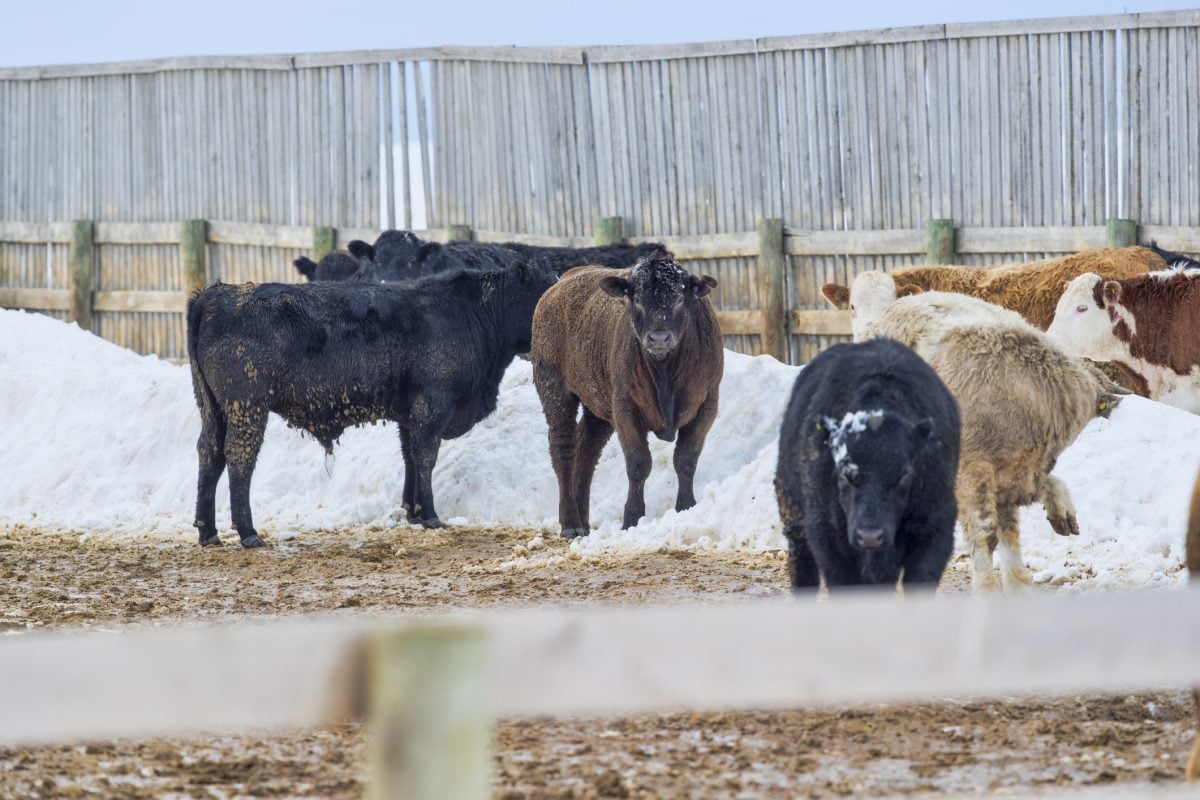
U.S. livestock: Cattle rally after screwworm scare
Chicago cattle made modest gains on Tuesday while lean hogs ended mixed to start a shortened trading week. Most-active April…
The letter repeats points made previously by House Democrats on labour and environmental standards and calls for elimination of “the new monopoly rights added to NAFTA 2.0 for pharmaceutical firms” which they said would “lock in high U.S. drug prices.”
The changes listed in the letter “are necessary for a renegotiated NAFTA to obtain the broad support it needs to pass” for its ratification in the House, the representatives wrote.
But the letter includes a new demand: “A final NAFTA package must restore the country-of-origin (COOL) meat-labeling program passed by Congress and affirmed by U.S. courts.”
The letter goes on to allege Canada and Mexico “already have used trade rules to undermine the food labeling that America’s farmers and ranchers support and the transparency that consumers demand.”
COOL was not part of the original NAFTA but was developed during the Clinton administration, passed near the end of the George W. Bush administration in 2008 and implemented during the Obama administration in 2009.
COOL imposed mandatory origin labels for beef, pork, lamb, chicken and goat meat and certain other perishable commodities where sold at retail in the U.S.
Canada and Mexico challenged COOL through U.S. courts and the World Trade Organization, because its rules, strictly applied, called for U.S. processors of meat from imported animals to provide labels that detailed where the specific animals involved were born, raised and slaughtered.
The added costs of segregating animals and production lines to produce the information for such labels prompted some U.S. processors to restrict or halt their imports or cut the prices they paid for Canadian cattle and hogs. Some estimates pegged Canadian cattle and hog producers’ losses to reduced prices and lost sales at over $8 billion.
After the WTO ruled in 2015 that COOL violated the United States’ international trade obligations, the U.S. opted to repeal the label rules rather than face retaliatory tariffs from Canada and Mexico on U.S. goods.
Signatories on Tuesday’s letter include high-profile Democrats such as Ilhan Omar (Minnesota), Rashida Tlaib (Michigan), Conor Lamb (Pennsylvania) and Alexandria Ocasio-Cortez (New York), among others.
The Alberta government, in a statement Friday, responded to the House Democrats’ letter with “strong opposition.”
Federal and provincial governments, along with industry in both the U.S. and Canada “spent nearly a decade fighting for the repeal of COOL on beef and pork products,” the province said.
“The members of Congress pushing this need to realize it isn’t something industry in Canada or the U.S. want to revisit,” provincial Agriculture Minister Devin Dreeshen said Friday in the province’s release.
“It isn’t consistent with American trade obligations, and it isn’t good for farmers in either country who want a fair and predictable trade relationship.”
The Alberta government called for “quick adoption” of the revised Canada-U.S.-Mexico agreement (CUSMA) “as negotiated,” describing it as “fundamental to the Canada-U.S. trade relationship.” Mexico’s government has already ratified the deal and Ottawa has pledged to follow suit.
The “failed” mandatory COOL law would add “billions in additional costs for both Canadian and U.S. industries, with no measurable consumer benefit,” the province said. “As a result, U.S. consumers would pay higher prices for their beef and pork.” — Glacier FarmMedia Network



